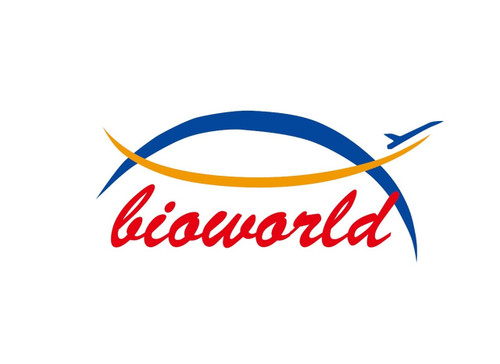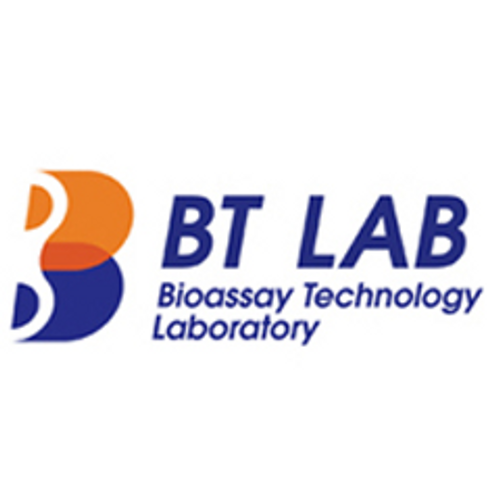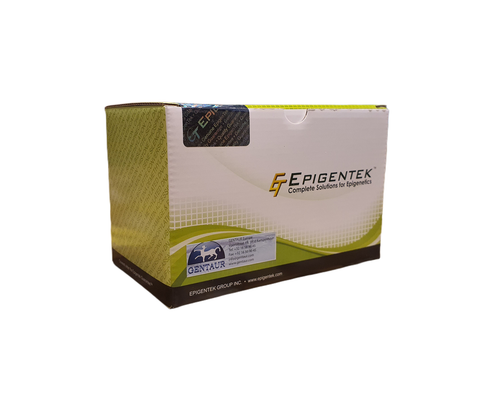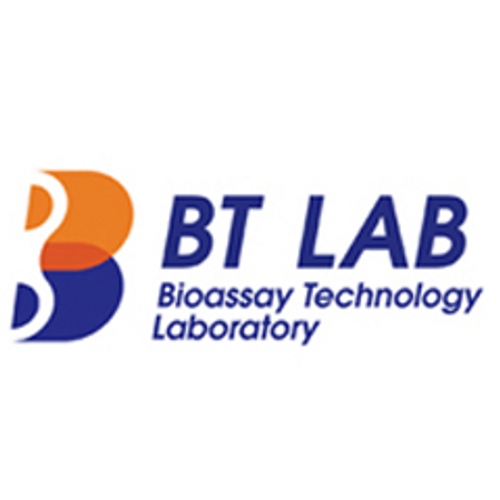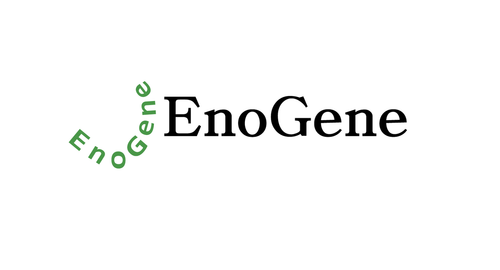Product Description
GSK3α (phospho-S21) polyclonal Antibody | BS4082 | Bioworld
Host: Rabbit
Reactivity: Human,Mouse,Rat
Application: WB IHC IP
Application Range: WB: 1:500~1:1000 IHC: 1:50~1:200 IP: 1:50~1:200
Background: Glycogen synthase kinase-3 α and β (GSK-3α, β) are serine/threonine kinases that regulate metabolic enzymes and transcription factors, which are responsible for coordinating processes such as glycogen synthesis and cell adhesion. GSK-3β activity is also required for nuclear activity of Rel dimers, which mediate an anti-apoptotic response to TNFα in mice. GSK-3 catalytic kinase activity is controlled through differential phosphorylation of serine/threonine residues, which have an inhibitory effect, and tyrosine residues, which have an activating effect. Growth factor stimulation of mammalian cells expressing GSK-3α and GSK-3β induces phosphorylation of Ser 21 and Ser 9, respectively through a phosphatidylinositol 3-kinase (PI 3-kinase) -protein kinase B (PKB) dependent pathway, thereby enhancing proliferative signals. Additionally, GSK-3 physically associates with cAMP-dependent protein kinase A (PKA), which phosphorylates Ser 21 of GSK-3α or Ser 9 of GSK-3β and inactivates both forms
Storage & Stability: Store at 4°C short term. Aliquot and store at -20°C long term. Avoid freeze-thaw cycles.
Specificity: p-GSK3α (S21) polyclonal Antibody detects endogenous levels of GSK3α protein only when phosphorylated at Ser21 .
Molecular Weight: ~ 51 kDa
Note: For research use only, not for use in diagnostic procedure.
Alternative Names: Glycogen synthase kinase-3 alpha; GSK-3 alpha; Serine/threonine-protein kinase GSK3A; GSK3A
Immunogen: Synthetic phosphopeptide derived from human GSK3α around the phosphorylation site of Serine 21.
Conjugate: Unconjugated
Modification: Phosphorylation
Purification & Purity: The Antibody was affinity-purified from rabbit antiserum by affinity-chromatography using epitope-specific immunogen and the purity is > 95% (by SDS-PAGE) .
Pathway: PI3K AKT signaling,Hedgehog Signaling,Hypoxia Signaling,Translational Contral elF4 and p70 S6 Kinase,Translational Contral Regulation of elF2,Regulation of Microtubule Dynamics,Inhibition of Apoptosis,Insulin &Glucose Signaling,Cell Cycle Control G1 S Checkpoint,
 Euro
Euro
 USD
USD
 British Pound
British Pound
 NULL
NULL



